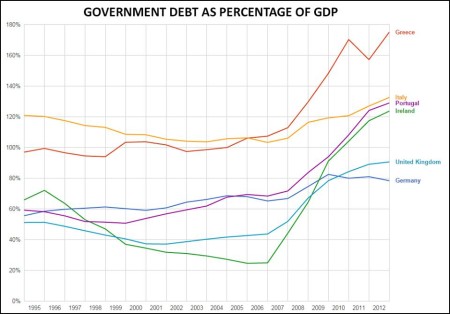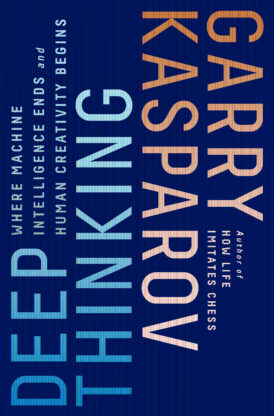via INSTITUTE OF MODERN RUSSIA
Leonid Martynyuk: Some people think that following Boris Nemtsov’s murder Russia transitioned into a new sociopolitical condition. Do you agree with this opinion?
Garry Kasparov: Even earthshaking events, like the killing of a person of Boris Nemtsov’s stature, don’t change the situation so much as they reveal what is already taking place. The very fact that the authorities practically sanctioned this killing shows us the chasm that has opened in front of us.
This would have been impossible to imagine several years ago. The quotation from the German pastor Martin Niemöller has become a cliché, that when they arrested the communists, the labor union activists, and the Jews, he didn’t protest, because he was not one of them, but when they came for him, nobody was left to raise their voice in his defense. The growth of a dictatorship doesn’t occur overnight—it occurs gradually. And at some point it turns out that it’s possible to shoot dead the most prominent opposition figure in front of the Kremlin and to have nothing happen. And nothing does happen.
The authorities feel so brazen that they can openly sabotage the investigation. The most that can be expected is that they will imprison the perpetrators, and maybe not even the actual ones.
L.M.: How do you evaluate the current political climate?
G.K.: Today Russia finds itself in a situation where a boss lives only by loyalty to his higher-up boss. Loyalty has in fact replaced the law. It’s like in the Mafia: the word of the don is law. We see this in everyday life too. Recall the incident involving the Cossack activist Vladimir Melikhov. At the border they took away his foreign passport and an hour later gave it back, but with a page torn out, making the passport invalid. This mundane story shows that today’s Putinist boss will commit a crime without blinking.
This incident shows the extent of the total degeneration of the Russian regime—violating the law for the sake of momentary political expediency has become the norm. That is yet another confirmation of the fact that Russia today is a personal dictatorship in which a fascist ideology is followed everywhere. Russia has not yet become an absolute totalitarian state with mass repression. But in the context of the twenty-first century, we are in a situation where to hope for some kind of positive evolution of the regime is totally senseless.
 Just a few days ago I was in Greece. Although I was there to promote a remarkable chess in schools initiative of the Stavros Niarchos Foundation and the Kasparov Chess Foundation, many of the questions at the press conference were about Greece, the European Union, and Putin’s Russia. While I have discussed the Greek crisis with many economists and politicians, my opinions are based on the values of capitalism and democracy. For capitalism to work, there must be consequences for bad decisions. No company, no nation, can be “too big to fail” or there is no reason to make wise decisions. Indeed, it punishes those who did make wise decisions in the first place.
Just a few days ago I was in Greece. Although I was there to promote a remarkable chess in schools initiative of the Stavros Niarchos Foundation and the Kasparov Chess Foundation, many of the questions at the press conference were about Greece, the European Union, and Putin’s Russia. While I have discussed the Greek crisis with many economists and politicians, my opinions are based on the values of capitalism and democracy. For capitalism to work, there must be consequences for bad decisions. No company, no nation, can be “too big to fail” or there is no reason to make wise decisions. Indeed, it punishes those who did make wise decisions in the first place.

